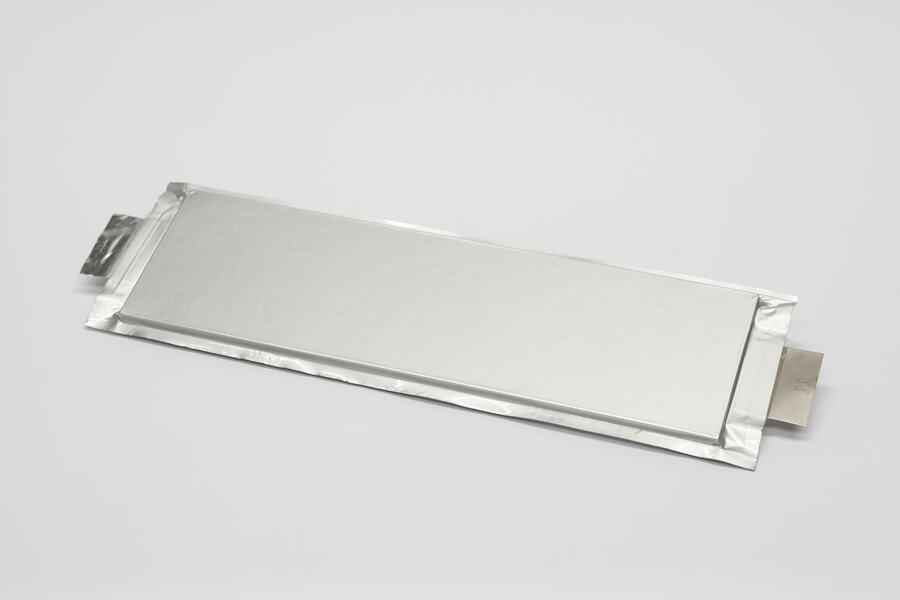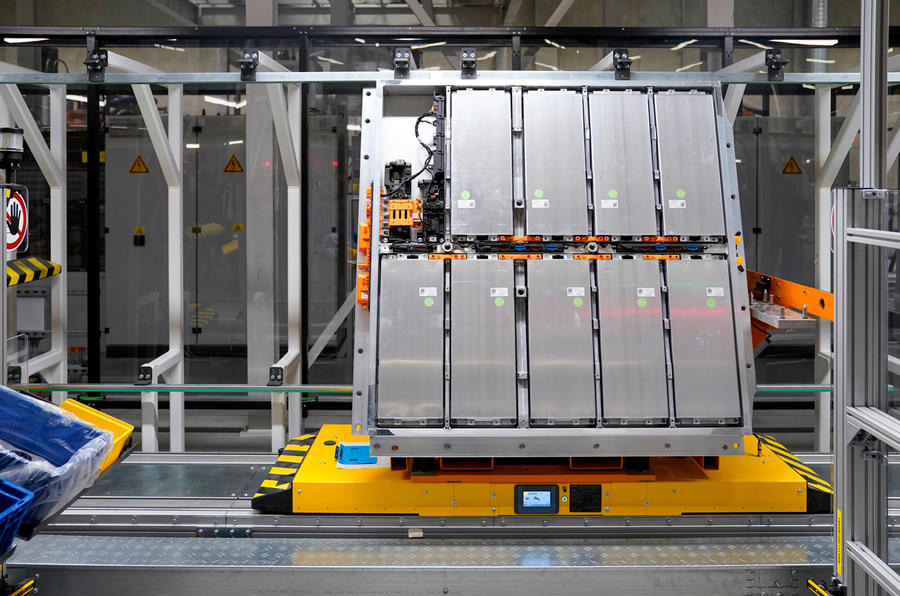The Volkswagen Group has revealed that new solid-sate battery cells developed by partner QuantumScape have shown encouraging results in recent tests, with a better range and significantly less degradation than both its existing lithium ion batteries and rival solid-state cells.
During the tests, run by Volkswagen Group battery division PowerCo in Germany, the cells are claimed to have experienced a minimal 5% storage capacity loss after more than 1000 charging cycles – the equivalent of 311,000 miles on the road for an electric car with a range between 311 and 372 miles, according to the German car maker.
The Volkswagen Group said current automotive industry standard targets call for 700 charging cycles and a maximum storage capacity loss of 20%.
In an official statement on the tests, PowerCo said the new cells were also able to meet requirements for other test criteria, including fast-charging capability, safety and self-discharge.
“These are very encouraging results,” said PowerCo CEO Frank Blome. “The final result of this development could be a battery cell that enables long ranges, can be charged super-quickly and practically does not age.”
Solid-state batteries replace the liquid electrolyte and separator of lithium ion batteries, both of which are considered volatile due to potential flammability, with a solid separator typically made of ceramic, polymer or glass.

QuantumScape’s in-house-developed ceramic separator is claimed to be one of the defining elements of the new cells tested by PowerCo.
The San Jose-based company delivered its first batch of 24-layer solid-state cells to its automotive partners, including the Volkswagen Group, for testing in December 2022. Since then, it has developed more advanced cells, although it has yet to reveal exact details or specification.





Join the debate
Add your comment
Indeed, but i'd take those results with a big pinch of salt. That 350 miles is half that in the reality of mixed driving - short trips, winter, rain, night driving.. still, 150k would be interesting, but we'll have to see how charging affect them (will they get trashed with constant charging to full, fast charging, fully discharging?).